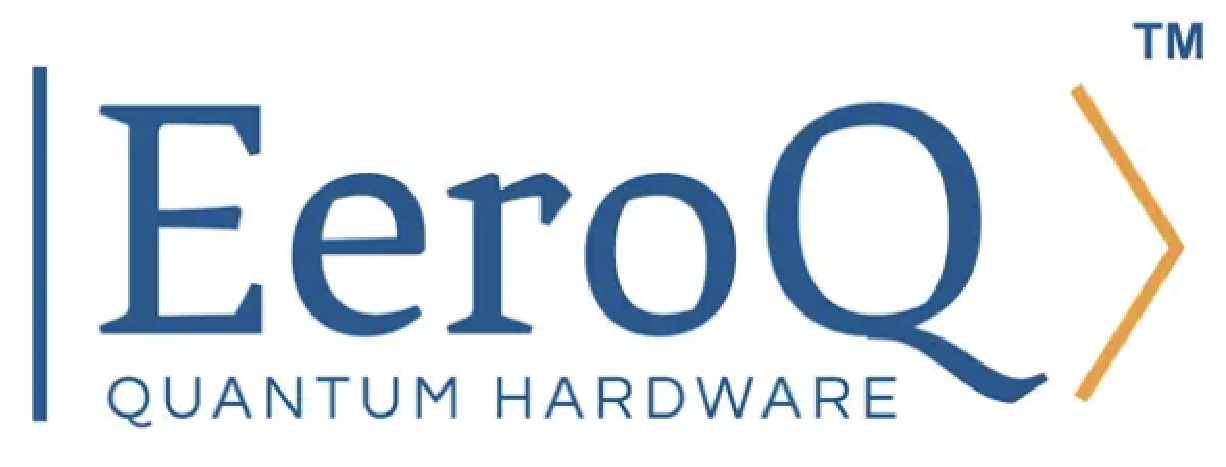Better qubits by design

The ideal use case for a quantum computer is solving a problem that involves a daunting number of variables and potential outcomes, like simulating drug interactions, optimizing supply chain logistics, or forecasting climate change. For these types of problems, quantum computers will achieve answers much faster than any classical computer.
Quantum computers work by harnessing the physical and energetic properties of single atoms, electrons, or photons. This allows computation at the level of atoms and subatomic particles by storing information in qubits (quantum bits), which go beyond the binary 0s and 1s used in today’s computers.
EeroQ is developing a computing platform that consists of individual electrons trapped on the surface of supercooled helium (eHe, which stands for electrons over helium). With this technology, EeroQ estimates they could build a quantum computing chip with one million qubits that would fit in the palm of your hand.
Quick Facts for Investors
Why We Invested
Over the last several years, Quantum Computing has progressed from an experimental effort to an industry ready to transform computing. We have followed EeroQ since 2017, watching it grow in stealth mode. After patiently waiting, we have determined that now is the right time to get involved. It is becoming increasingly clear that quantum computing is on the precipice of becoming commercially viable. The field is garnering increased attention from investors, technology companies, and even the popular press. Additionally, EeroQ is committed to growing in Chicago. They are moving their corporate headquarters to The Terminal, a 9,600 square foot engineering lab and office in Humboldt Park.
EeroQ’s patented chip design offers the “best of all worlds” for large-scale quantum computing, with a clear answer for scalability, coherence times, CMOS compatibility, highly connected qubits, and more.
